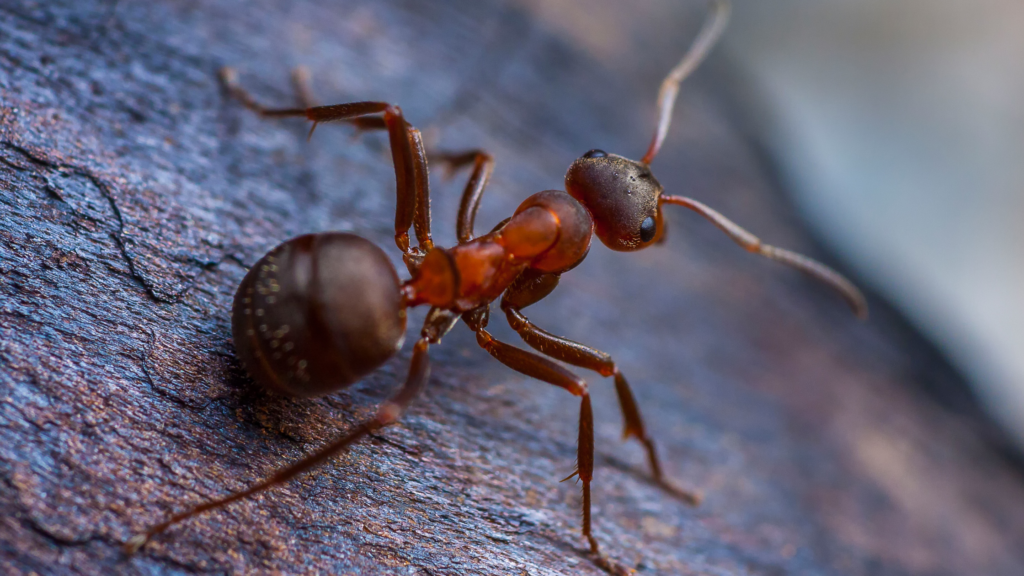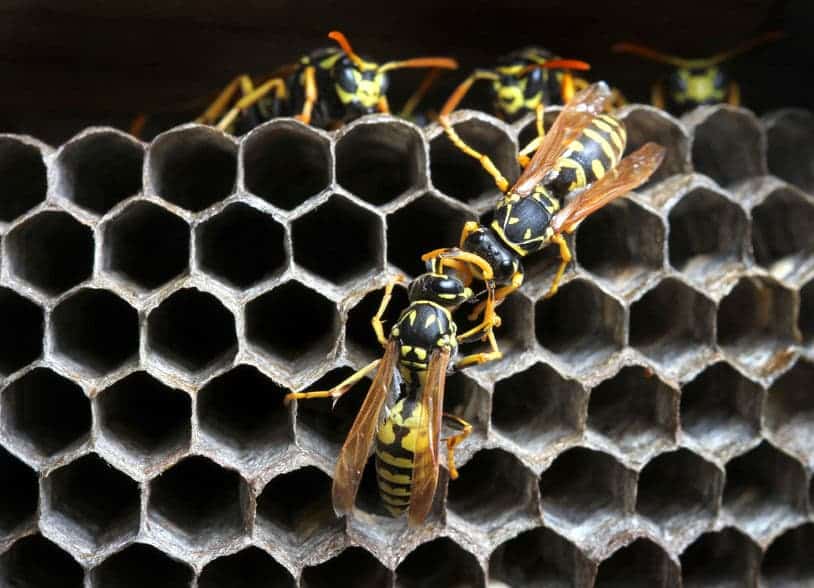Nothing ruins a bowl of cereal more than insect remains floating in your milk. Unfortunately, a number of pests and insects enjoy eating the same stored foods as we do.
Pantry pests are some of the most bothersome because they contaminate our food by creeping onto countertops and into cupboards, nibbling their way into everything, even unopened boxes of flour and pasta. Plus, pantry pests aren’t seasonal — they can strike at any time of the year.
According to the National Pest Management Association (NPMA), there are four common insects that invade pantries and kitchens. By knowing what they like to eat, you can prevent an infestation and protect your food and your family’s health.
Merchant grain beetles. These narrow, brown beetles have a sweet tooth. They prefer to indulge in cake mixes, cookies, chocolate and cereals. Merchant grain beetles have flat bodies with six saw-like teeth on each side. Make sure to clean up any spilled grains or dried goods that could attract them.
Indian meal moths. These moths will feast on most dried goods, but home infestations tend to start with pet food or birdseed. Keep a look out for these shiny moths — their outer wings have a coppery luster. Storing food in tightly-sealed containers helps prevent Indian meal moths.
Silverfish. These silvery, metallic bugs like feeding on paper items and glue, but they’ll also enjoy things like flour and oats. They’re usually found in moist, humid environments, bathrooms especially. Pest experts recommend getting a dehumidifier if you notice more silverfish at night. Repairing leaky pipes and drains is also a good idea.
Varied carpet beetles. These beetles started off eating natural fibers like wool, so don’t be surprised to see them in closets, too. Now, they also feast on flour, cereals, sugar, corn meal, nuts and more. Typically, only larvae are found in dried foods because adults feed on pollen. Sometimes just the larval ‘skins’ remain, but this still indicates an infestation.
Knowing what you’re up against is beneficial, but real infestations should be handled by a pest professional. For more information about pantry pests or to find a pest professional near you, visit
If you think you may have pantry pests or if you want to prevent pantry pests, call Turner Pest Control at 904-355-5300 or visit our web site at www.TurnerPest.com. Our effective treatments prevent pests from entering your home.



